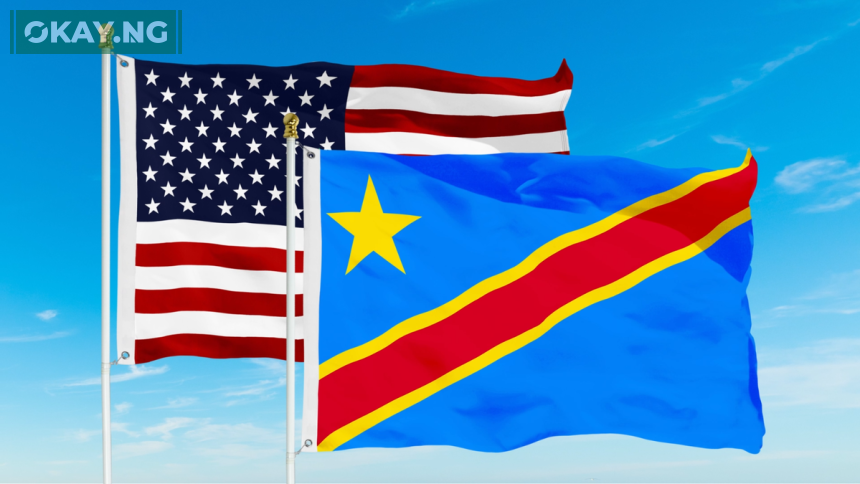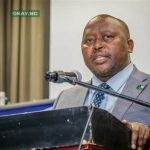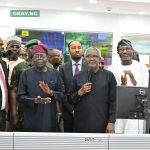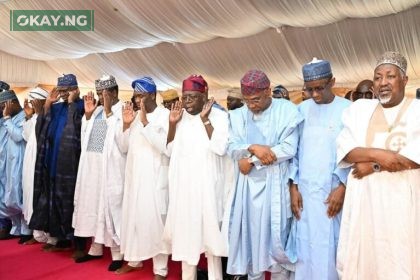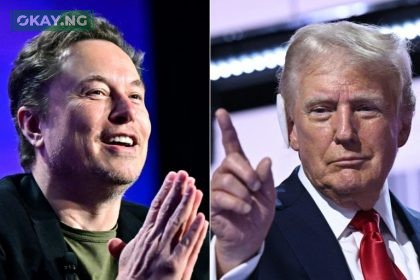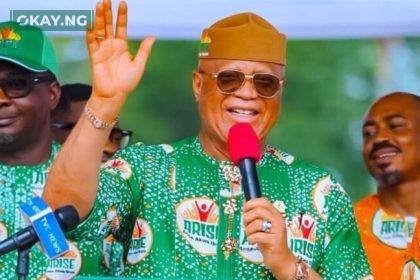The United States is actively pursuing a multi-billion dollar investment in the Democratic Republic of Congo’s (DRC) vast mineral reserves, while simultaneously pledging to aid in resolving the escalating conflict in the nation’s eastern region. This initiative, articulated by President Donald Trump’s senior Africa adviser, Massad Boulos, during a recent visit, signals a strategic shift in U.S. engagement with the mineral-rich African nation.
The DRC, endowed with substantial deposits of cobalt, lithium, and uranium—crucial components in modern technologies like mobile phones and electric vehicles—has become a focal point for global economic and geopolitical interests. However, the nation is currently grappling with the destabilizing presence of the Rwanda-backed M23 rebels, who have seized significant territories in the east, triggering widespread displacement and violence.
“You have heard about a minerals agreement. We have reviewed the Congo’s proposal, and… the president and I have agreed on a path forward for its development,” Boulos stated after meeting with Congolese President Felix Tshisekedi in Kinshasa. This statement confirms the U.S.’s serious intent to explore a “minerals-for-security” deal, as initially proposed by a Congolese senator.
The U.S. interest in Congo minerals is particularly noteworthy given China’s current dominance in the sector. “Rest assured, American companies are operating transparently and will stimulate local economies. These are multi-billion-dollar investments,” Boulos emphasized, suggesting a potential restructuring of the DRC’s mineral trade landscape.
The strategic importance of the DRC’s resources is undeniable. These critical minerals are vital for the development of advanced technologies, making them a cornerstone of future economic growth and technological innovation. The U.S. initiative aims to secure a reliable supply chain while fostering economic development in the DRC.
Beyond economic interests, the U.S. has also expressed a strong commitment to resolving the ongoing conflict. “We want a lasting peace that affirms the territorial integrity and sovereignty of the DRC,” Boulos affirmed. “There can be no economic prosperity without security.” The M23 rebel advance has displaced hundreds of thousands and caused untold suffering. This focus on peace and security is crucial for any long term economic agreements between the two nations.
Reuter reports that Joseph Bangakya, a Congolese parliamentarian and president of a Congo-U.S. friendship parliamentary group, said that MPs were preparing a bill to promote the Central African country’s business climate. “It is essential for our country to achieve a trade agreement with the United States,” he said. This proactive approach by Congolese legislators underscores the nation’s eagerness to establish a robust trade relationship with the U.S.
It remains to be seen how the U.S. will navigate the complex political and security landscape of the DRC. However, the commitment to both economic investment and peace-building signals a significant development in U.S.-Congo relations. The potential for U.S. investment Congo could reshape the region.


